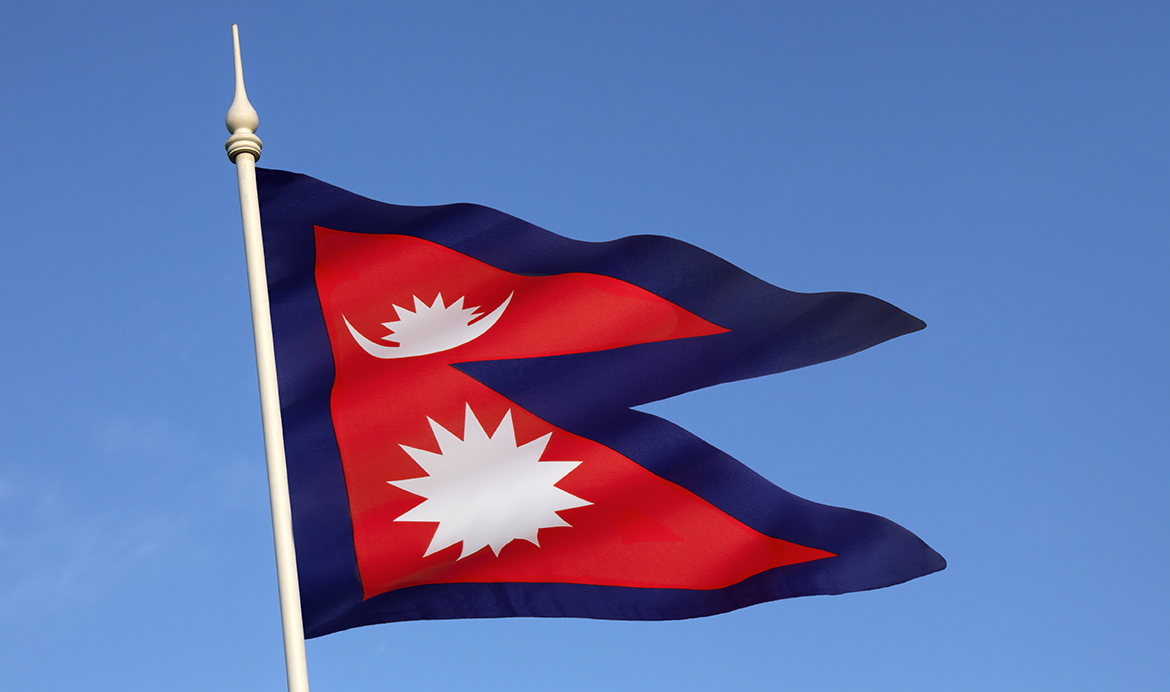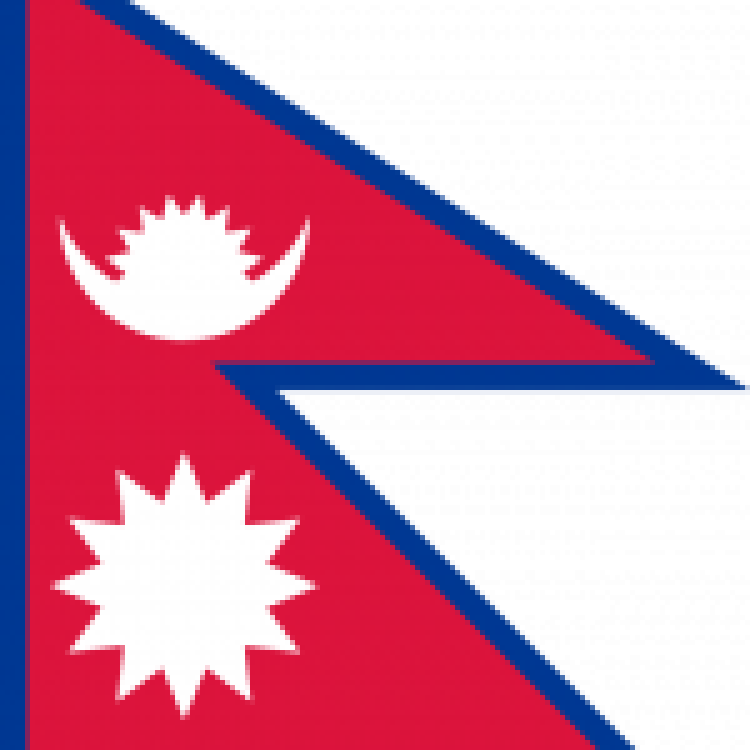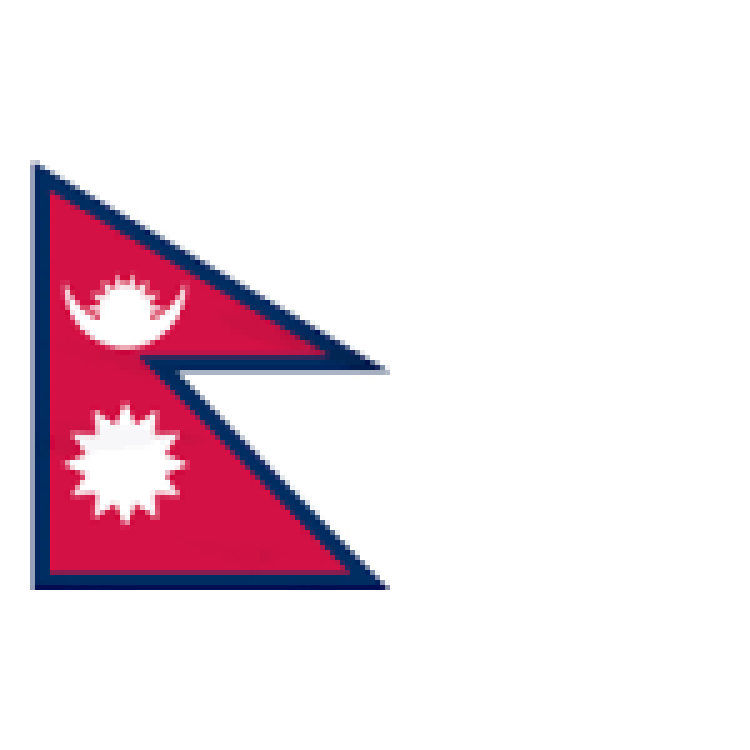
The Nepali government's bill to amend its current transitional justice laws will not fully provide justice to victims or meet Nepal's obligations under international law, says human rights groups.
Several Human rights organisations have called for the amendment of the proposed bill by the Nepali government. Successive Nepali governments have stalled the transitional justice process since 2015, when Nepal’s Supreme Court ruled that the current law fails to meet Nepal’s domestic and international legal obligations on several grounds, including that it empowers the two transitional justice commissions to grant amnesties to perpetrators of serious violations of international law. Although the new bill removes some of the previous amnesty provisions, it would still be difficult or impossible to prosecute those responsible for serious violations of international law including war crimes and crimes against humanity, the groups said.
Mandira Sharma, senior international legal adviser at the International Commission of Jurists (ICJ) said,
“Victims and their families who have waited anxiously for amendments to the law, hoping that their demands for truth and justice will be met, are disappointed,”
She added,
“Despite the promise of reform, this bill, if implemented as it stands today, would shield many perpetrators from being brought to justice.”
Both security forces and former rebels have been accused of carrying out torture, killings, rapes and forced disappearances during Nepal’s decade-long civil war, which ended in 2006 with more than 13,000 people dead.
Critics also say Nepal’s truth and reconciliation process has been poorly designed from the outset and stymied by a lack of funding and political will.
Several other provisions of the new bill, including those introducing limitations on the right to appeal, would also prevent accountability as required by international legal standards. The major sections of the bill that violate international law include:
Section 2(5) categorizes violations to make it possible that perpetrators of gross violations of human rights, crimes against humanity, and war crimes could be granted amnesties; and
Section 29 (5) provides that verdicts of the Special Court which will try transitional justice cases cannot be appealed to the Supreme Court, in violation of international fair trial guarantees.
The bill also contains significant omissions:
The bill does not establish any special investigation unit in the transitional justice commissions or the prosecutor’s office tasked with evidence collection. Investigation units with expertise in human rights violations would ensure that investigations are prompt, thorough, and effective in accordance with international human rights law and standards and that victims can access effective remedies
The bill does not clarify the principle of non-retroactivity of criminal law in a manner consistent with international law. This omission makes it unclear how the Penal Code can be used to prosecute conflict-era crimes, as stipulated by the bill, and allows the operation of statutory limitations for the crime of rape.
Read more at Al Jazeera and HRW


